Africa
UN Forum calls for urgent reform to tackle global development crisis
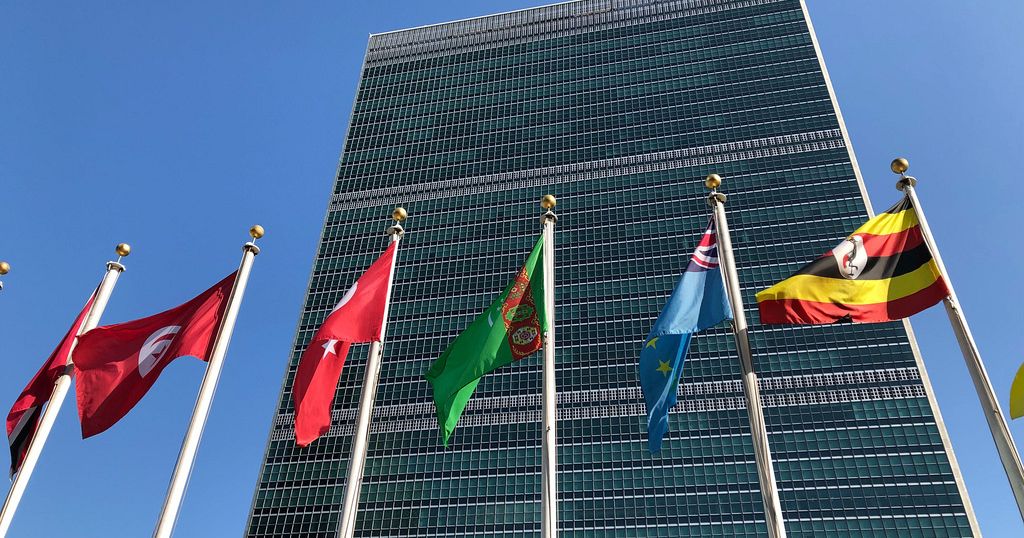
With nearly 600 million people projected to remain in extreme poverty by 2030 and developing countries facing annual sustainable development financing gaps of up to $4 trillion, officials warned that the global development cooperation system is falling short at a time of urgent need.
At the opening of the Forum, Rae emphasised that development cooperation must move beyond UN and state-led efforts to fully integrate international financial institutions and private sector contributions. “At the notion that this is somehow a UN alone project, or UN and nation state project alone is wrong. It has to include in an integral way what the IFIs are doing at every level, and what the private sector is doing at every level,” he said.
Li Junhua, UN Under-Secretary-General for Economic and Social Affairs, underscored the impact of an increasingly fragmented system. “Too many countries are burdened by unsustainable debt, shrinking fiscal space, and a fragmented development system that does not align with urgent needs and priorities,” he said. “In this dysfunctional system, women and girls bear the heaviest burden, facing disproportionate impacts that threaten to erase decades of hard-won progress on gender equality.” The Report of the Secretary-General on trends and progress in international development cooperation presented at the Forum highlighted stark realities.
Assistant Secretary-General for Economic Development Navid Hanif stated that the global development cooperation system is “not effectively responding to the needs and priorities of developing countries and local communities at the front lines for our efforts to achieve the Sustainable Development Goals.” Cristina Duarte, Under-Secretary-General and Special Adviser on Africa, pointed to the broader systemic failures of the global economy. “Globalization has bound economies together, yet the multilateral institutions designed to regulate its forces are struggling to keep up,” she said. “The current economic order has allowed wealth to accumulate in unprecedented ways, but it has also widened inequalities…weakened states … and marginalize billions of people.” She highlighted a paradox at the heart of development finance. “We live a paradox. We are in the side of rule that we have the responsibility. But the financial resources are not in that side of the world. Financial resources are in a different side,” she said, pointing to the imbalance between decision-making power and financial capital in the global system.
The Forum convenes ahead of the Fourth International Conference on Financing for Development, set for June 30 to July 3, where Member States will discuss potential reforms to the development cooperation architecture. The Forum’s recommendations will contribute to these discussions, aiming to ensure that international funding mechanisms better serve the world’s most vulnerable populations.
Africa
Unprecedented trial for apartheid atrocities opens in South Africa
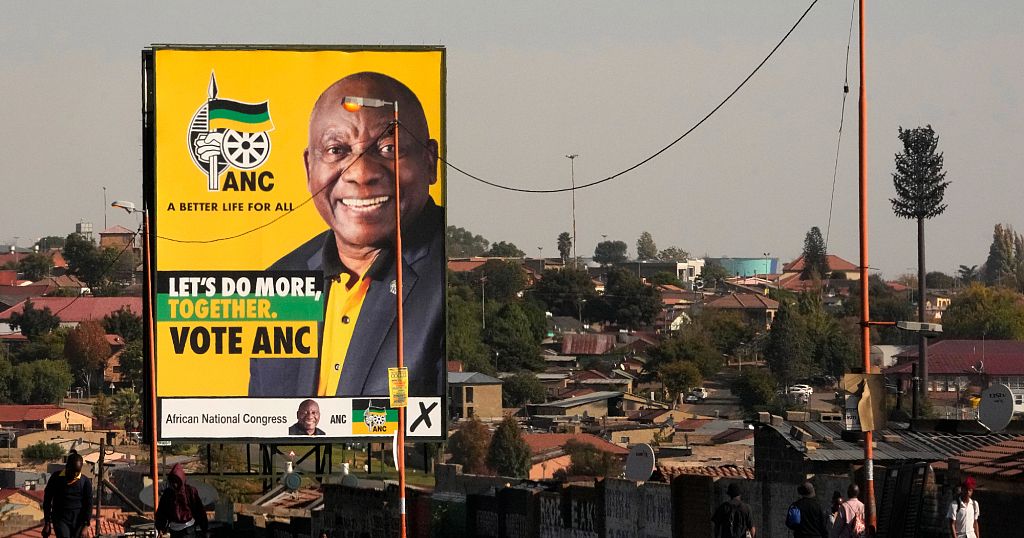
A significant step by South Africa’s legal system in confronting the atrocities of the country’s dark political past.
A judge this week approved the trial of two apartheid-era police officers for their involvement in the 1982 assassination of three student activists.
The prosecution is unprecedented. Until now, no individual had been held accountable for the crime of apartheid.
The case centers around three young freedome fighters killed in an explosion in 1982. The victims were part of a resistance movement opposed to the apartheid regime which enforced White-only rule and domination over the Black majority.
Experts say the trial could open the door for others.
Also this week, South Africa reopened an investigation into the death Albert Luthuli, a former president of the African National Congress (ANC) and Nobel Peace Prize laureate, who was killed in 1967.
The prosecuting authority seeks to have the findings of previous inquests into Luthuli overturned.
The authorities at the time had concluded that Luthuli’s death the result of an accident.
The development comes more than 30 years since South Africa became a democracy and after a Truth commission unearted numerous atrocities.
Africa
Tunisia jails opponents, critics of President Saied
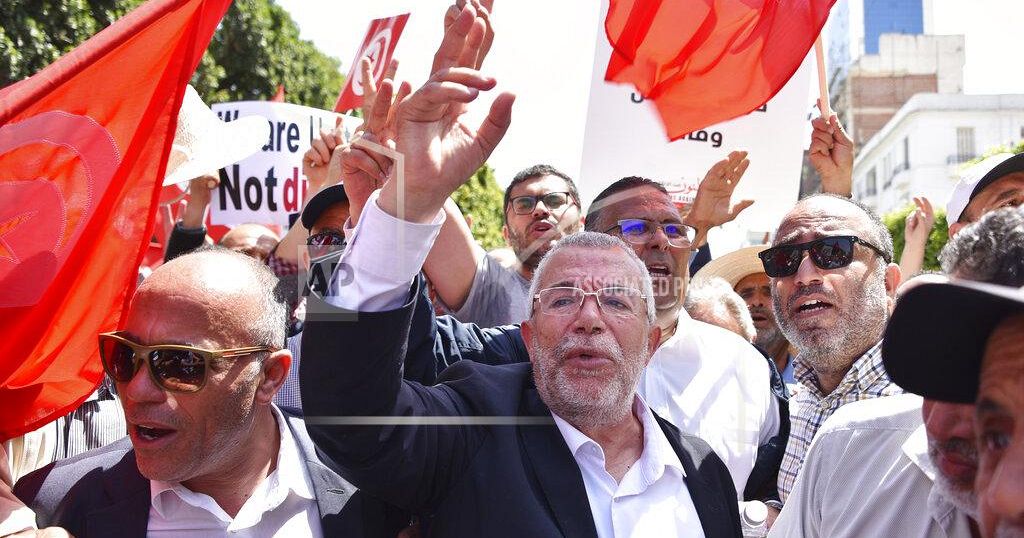
Tunisia on Friday handed opponents of President Kais Saied lengthy jail terms after convicting them of plotting against state security.
Issam Chebbi and Jawhar Ben Mbarek of the opposition National Salvation Front coalition, as well as lawyer Ridha Belhaj and activist Chaima Issa, were sentenced to 18 years behind bars, their lawyer said.
Businessman Kamel Eltaief received the harshest penalty of 66 years in prison.
They are among forty people, including high-profile politicians, businessmen and journalists, who who were being prosecuted on security and terrorism charges.
Critics say the charges lacked merit, and only served to consolidate Saied’s power grab.
The president won re-election virtually unchallenged last year after the jailing or disqualification on flimsy grounds of his opponents.
Saied has ruled mostly by decree since dismissing parliament in 2022 and promulgating a revised constitution giving himself wideranging powers in 2023.
Africa
Tanzania opposition says jailed leader not seen by family, lawyers
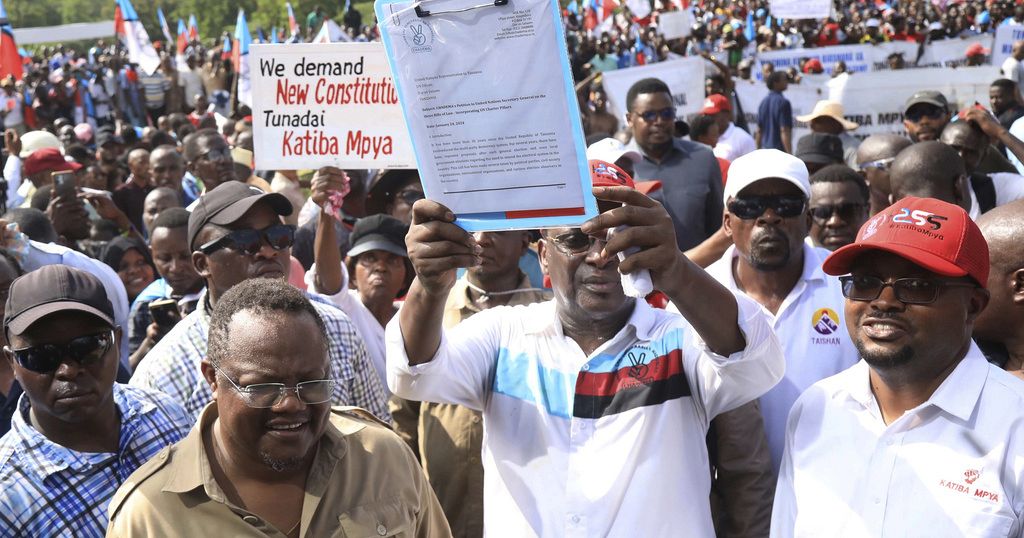
Tanzania’s main opposition party said it had failed to get access to its leader who is in detention on treason charges.
CHADEMA said Friday that the family and lawyers of Tundu Lissu had failed to see him at a Dar es salaam jail where he had been kept since his arrest on April 9.
In a statement, the party said it held the Tanzanian government and Prisons Service responsible ble for Lissu’s safety.
The Prisons Service quickly denied that Lissu had been moved from jail.
In a statement, the agency dismissed CHADEMA’s concerns as misinformation.
“We would like to inform the public that Tundu Lissu is safe and he is still detained at Keko Prison in Dar es Salaam according to the country’s laws and procedures,” the Service said in a statement.
Lissu came second in Tanzania’s 2020 presidential election. Last week, he was arrested and later charged with treason after a speech demanding election reforms.
Prosecutors said the speech called for an uprising.
With another presidential vote on the horizon, critics say President Samia Suluhu Hassan’s government has ramped repression against the opposition.
This week, the election commission banned CHADEMA from taking part in elections after the party refused to sign a document pledging to obey the commission’s orders.
-

 Education1 day ago
Education1 day agoHarvard’s battle with the Trump administration is creating a thorny financial situation
-

 Sports2 days ago
Sports2 days agoAaron Rodgers ‘not holding anybody hostage’ as he decides his future, retirement a possibility
-
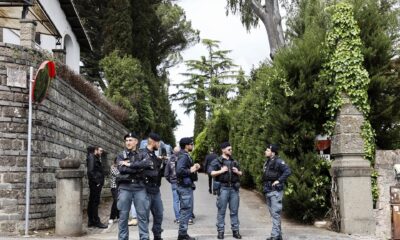
 Middle East10 hours ago
Middle East10 hours agoIran says progress in nuclear talks with US, confirms third round next week | News
-
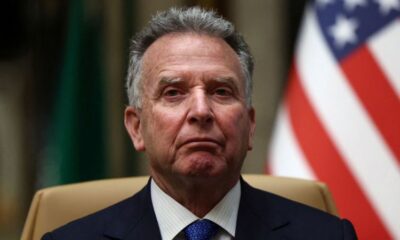
 Europe1 day ago
Europe1 day agoTrump’s ‘lone ranger’: How Steve Witkoff became the defacto point man on America’s foreign policy challenges
-

 Lifestyle1 day ago
Lifestyle1 day agoSweets from the sky! A helicopter marshmallow drop thrills kids in suburban Detroit
-
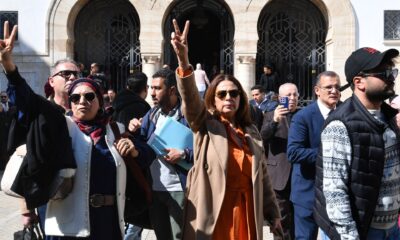
 Middle East17 hours ago
Middle East17 hours agoTunisian court hands opposition figures lengthy jail terms | Human Rights News
-
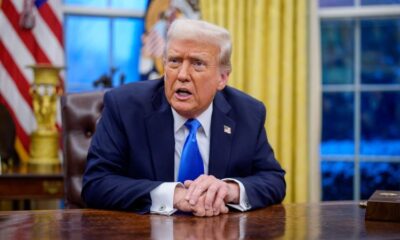
 Europe1 day ago
Europe1 day agoThe Trump administration says Europe is taking advantage of the US. That’s not exactly true
-

 Conflict Zones1 day ago
Conflict Zones1 day agoTrump says US may ‘pass’ on helping end war if Russia, Ukraine resist deal | Russia-Ukraine war News



